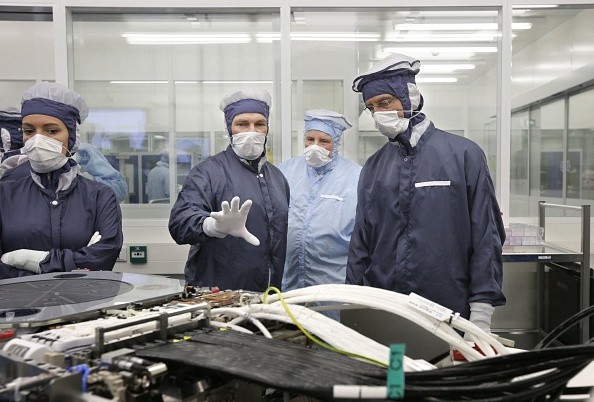The Dutch government revealed its new restrictions regarding exports of semiconductor technology in an effort of the country to protect its national security. This is a response to the United States' pressure to block the sale of its technology to China.

Restricting Chip Tech Exports
The Netherlands joins the United States in blocking microchip manufacturing equipment exports to China. Based on a report from South China Morning Post, both countries reached an agreement to introduce chip-related restrictions in response to China's advanced chip technology.
Trade Minister Liesje Schreinemacher wrote to parliament outlining the new restrictions. Companies will also have to apply first a license to export chip technology. These measures would only apply to very high-specification systems that can make the smallest, most powerful chip tools made by ASML.
"Given the technological developments and geopolitical context, the cabinet has concluded that it is necessary for international security to expand the existing export control of specific semiconductor production equipment," Schreinemacher added.
ASML's Response
As per ASML, certain models would only be affected by these restrictions. Although the Dutch company has not received the outline of the restriction regarding the meaning of "most advanced technology," the company interprets it as "critical immersion." This will include TWINSCAN NXT:2000i and later models that produce high-capability chips.
This move from the Dutch government was not expected by the company to have a material effect on the financial outlook that they have published for this year and their longer-term scenario. The company still expects sales in China at $2.2 billion in 2023, with 25% expected growth.
Reuters reported that the company is currently dominating the market for lithography systems and multimillion-dollar machines that use laser to produce minute circuity of computer semiconductors. Before these restrictions, ASML's extreme EUV tool has been banned from China since 2019.
Schreinmacher added that she would also push for international controls during forums like Wassenaar Group, which includes countries like Australia, the United Kingdom, Japan, France, and 37 more countries.
This group could also be a way to restrict exports for military systems. However, Financial Times reported that the United States bypassed this group since the list includes Russia.
Some questions were unanswered when this announcement was released by the Dutch government, including the decision on whether ASML will be able to service DUV machines sold to customers in China since 2014, worth more than $8 billion.
The Trade Minister said that these measures were made as carefully and precisely as possible for them to avoid any unnecessary disruption of value chains. She wrote, "It is for companies of importance to know what they are facing and to have time to adjust to new rules."
Related Article : Dutch, US Officials to Discuss Potential New Restrictions on Exporting Chip-Making Gears to China

ⓒ 2026 TECHTIMES.com All rights reserved. Do not reproduce without permission.




